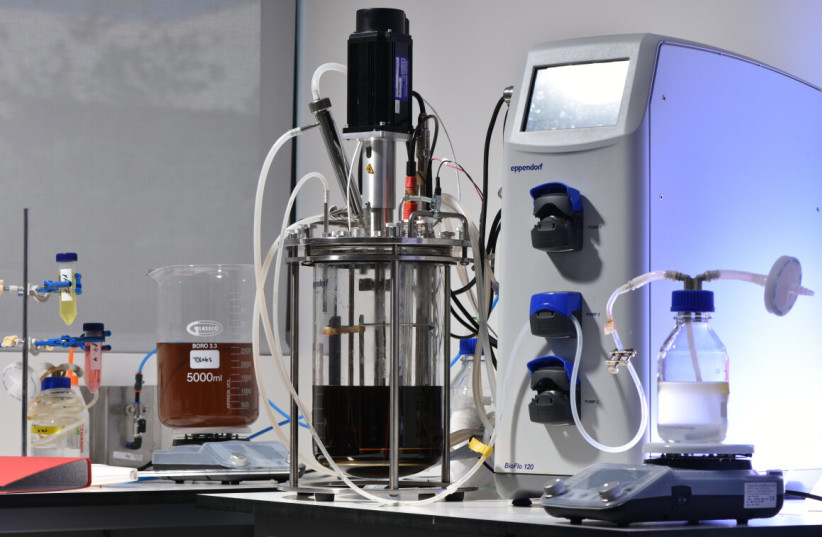The October 7 massacre highlighted once again for Israel the need for food independence.
“We are dependent on many imports,” explained Ariel Blumovich, CEO of YDLabs, a food-tech fermentation facility. “Add that to the fact that enemy countries surround us, and it says a lot about the food independence we need to create.”
While Blumovich said he did not believe the October 7 attack would create a food crisis in Israel and that citizens would not be able to fill their refrigerators, he did say that “It teaches us what could happen if this crisis became bigger.”
'Fermentation could help Israel come closer to food independence'
YDLabs is part of the solution, he said, providing a method to produce food locally with a minimal carbon footprint.
“Fermentation is one solution to help Israel come closer to food independence,” he said.

The research and development center is a pilot facility dedicated to fermentation processes. The company’s expertise lies in developing and optimizing these processes, catering to companies ranging from initial ideation and lab-scale operations to those dealing with volumes as substantial as 1,000 liters or beyond. Since its founding two years ago, YDLabs has become a one-stop destination for start-ups, scaled enterprises, and large corporations.
“There are three branches of alternative proteins,” Blumovich explained. “The first is plant-based: proteins derived almost directly from plants. Another is cultivated meat: replicating cells to produce alternative proteins.
“The last one is fermentation, using microorganisms such as yeast, algae, bacteria, or fungi. These microorganisms become production factories,” Blumovich said. “We give them the conditions to become better factories, and the microorganisms that reproduce through this process are themselves ingredients for alternative proteins.”
By 2050, the world will need to feed around 9 billion people, Blumovich said, which many experts believe will be impossible with existing food systems. Moreover, according to the Intergovernmental Panel on Climate Change, the food system is responsible for a third of human-caused greenhouse gas emissions. Alternative proteins help solve both problems.
YDLabs, whose facility is currently located in Caesarea, works mainly with Israeli companies but has clients in the United States and Europe.
Earlier this year, however, it scored a tender from the Israel Innovation Authority that, together with the private investor Gadot Group, will enable it to build a much larger facility in Zipporit near Nazareth. Blumovich said the new facility should launch in March 2024.
